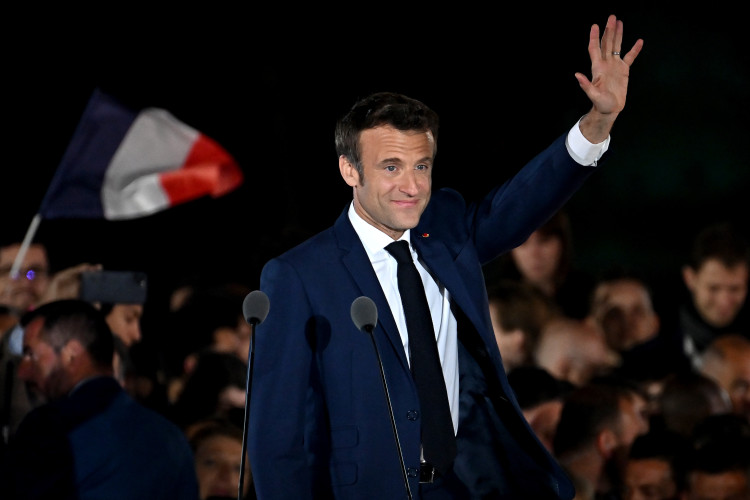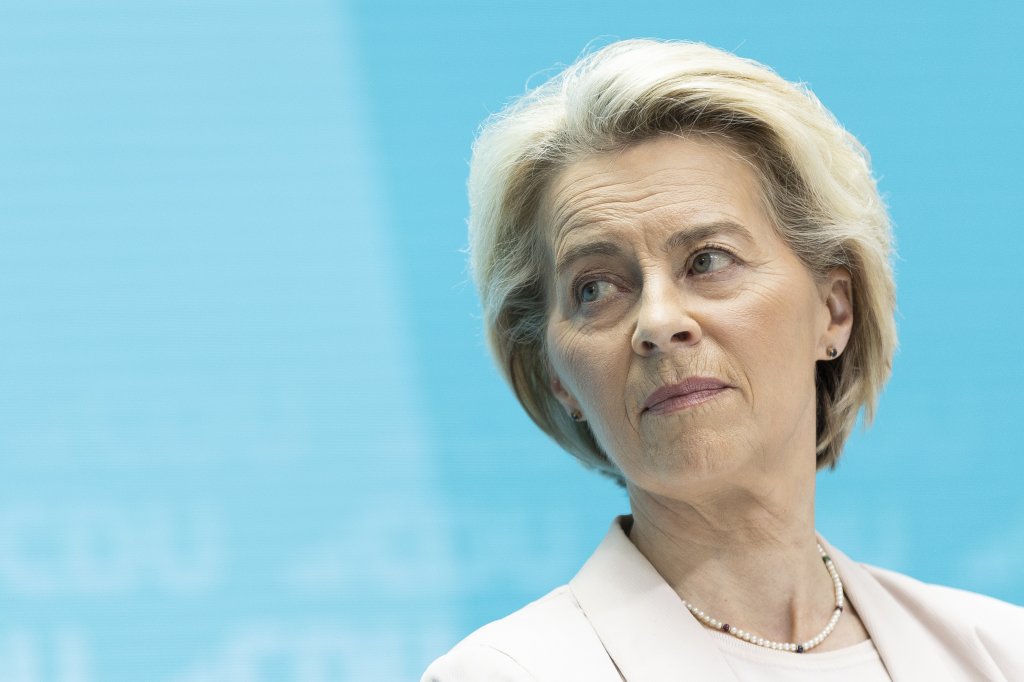President Macron's great gamble has not paid off. France now faces the unknown. The second-round runoff vote in the French parliamentary elections next Sunday will shape European politics well beyond France. It comes at a fascinating time, just before the first meeting of the new European Parliament.
Sunday's French results have just handed Ursula von der Leyen and her centrist allies in the EU a great opportunity. Yes, of course, the results from France have propelled the National Rally of Marine Le Pen as the first party of France, but the large turnout from the first round and the surprise comeback of both the left-wing and indeed Macron’s party, when compared to recent polling, may well alter the result next Sunday in the second round. The non-Le Pen vote is down but not out. The next week's political horse trading will tell a lot.
Von der Leyen is the big winner from this weekend. The French result solidifies the center-ground parties around her nomination for a second term as EU Commission President. The center parties of the EPP, S&D, Renew, and the Greens will not want instability and, in my view, will now support the von der Leyen nomination, thereby allowing a Commission to be formed when the new European Parliament convenes in Strasbourg in just two weeks.
Both Prime Minister Meloni of Italy and Hungary’s Viktor Orbán, with Hungary taking over the EU Presidency from today, July 1st, for six months, clearly were not happy with the outcome of last weekend’s EU Council meeting in Brussels. They got nothing from the Council deal and left isolated. But things move on in politics, and Sunday's French election result now focuses attention elsewhere. Von der Leyen needs 361 votes to start the formation of the new EU Commission. She is now virtually guaranteed to win the vote of the majority in the European Parliament despite the policy differences of the parties in the controlling coalition.
The other outcome from this weekend’s Council meeting in Brussels is the appointment of former Portuguese PM Costa as the new Council President and the new High Representative on Foreign Policy, Kaja Kallas from Estonia. Costa is one of the great political survivors and a proven vote-winner. He knows a lot about attracting foreign investment to his country. In Kallas, as the new voice of EU foreign policy, the EU is sending a strong signal to Vladimir Putin from its eastern border.
What is fascinating to follow over the coming months is the question of how EU policy will change with these appointments. Will the EU do more on regulation or on implementation? Where stands the EU Green Deal? Will the push for improved competitiveness and enhancing the single market help the EU’s sluggish economy? Where stands the EU’s ambition on trade, AI, or the digital agenda? Can the EU define “open strategic autonomy” without preventing international investment in the bloc?
We are now at an inflection point as both the mandate of the European Parliament and the EU Commission are refreshed. I’m detecting a new determination from the Council last weekend to put Europe’s house in order. We will see when the new Commission is finally in place by late October. But first, we need a new Commission President and a new PM in France! It's going to be a busy few weeks.







